Resources
At North Park, we are committed to equipping you with resources that help you grow and explore your faith journey. Enjoy up to date sermon videos, points to ponder, books, and more.
Check out the resource links below to get started. Have a question? Our team is here to help. Reach out by email at connect@northpark.ca
Points to Ponder
Points to Ponder invites you to explore thought-provoking topics rooted in faith, personal growth, and community, offering valuable insights that inspire reflection, meaningful discussion, and deeper understanding.
Sermon Videos
Not able to attend in-person? Check out our online content! Enjoy the teaching, stories, songs and activities.

North Park is pleased to offer you Free access to a vast library of Bible study videos, kids shows, and training content through Rightnow Media.

Come check out one of the largest church libraries in Southwestern Ontario!
North Park has a wide array of resources for all ages. Whether you are interested in books, movies, audiobooks, or Bible study materials, we have you covered.

Open Sunday Mornings
10:00 - 11:00 am and 12:10 - 12:30pm
Our goal is to provide resources which offer Christian inspiration, encouragement, education, and entertainment. Our enthusiastic volunteers look forward to seeing you at your next visit!
We have thousands of books, DVDs, audio books, and CDs to enrich and encourage your faith journey!




